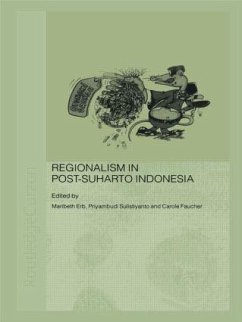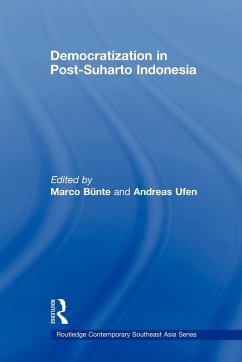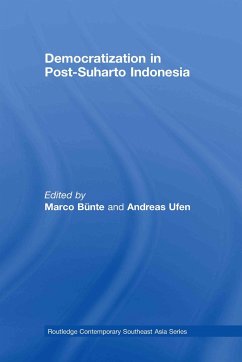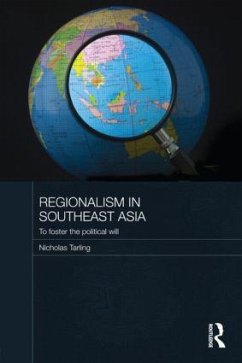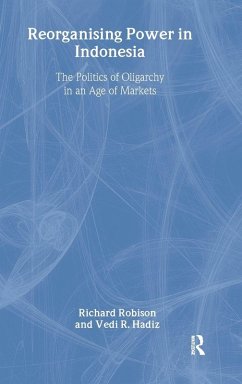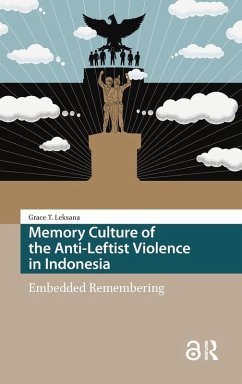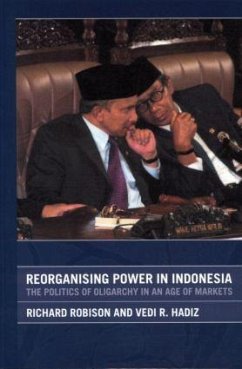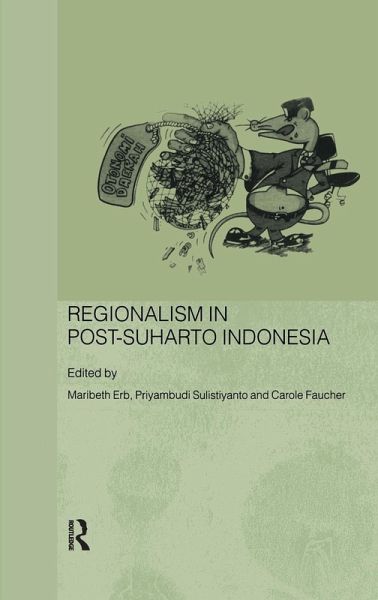
Regionalism in Post-Suharto Indonesia
Versandkostenfrei!
Versandfertig in 1-2 Wochen
218,99 €
inkl. MwSt.
Weitere Ausgaben:

PAYBACK Punkte
109 °P sammeln!
This book examines issues connected with decentralization and regional autonomy in Indonesia, including particular autonomy movements, the attempts by forces at the centre to resist decentralization, and the impact of decentralization.





